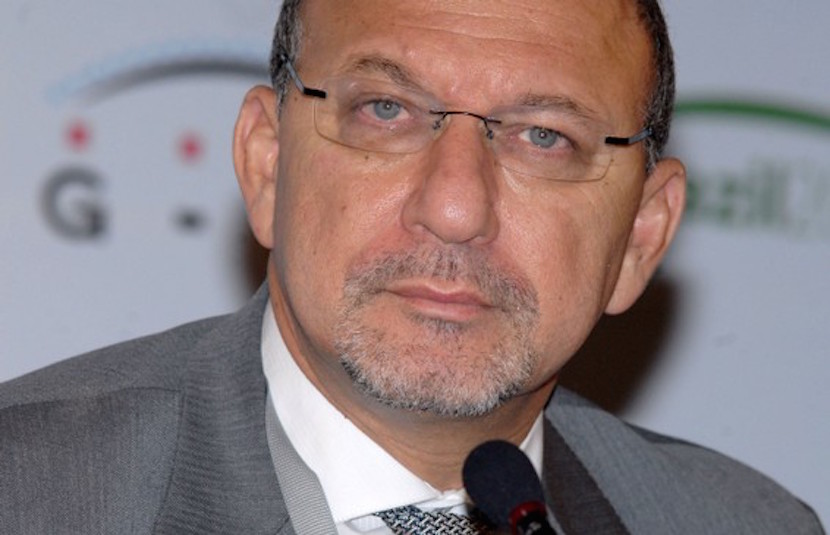By Alec Hogg
In June last year it was two hundred years since the Battle of Waterloo, a bloody affair that ended the career of Napoleon Bonaparte, France’s greatest warrior. The battle changed European history, introduced a verb into the English language – and spawned the 1974 song that launched super group Abba. It also generated a financial myth that lives on.

___STEADY_PAYWALL___
My most obvious reminder was during one of my television interviews the day former Finance Minister Trevor Manuel told us he would be joining the global Rothschild Group. An otherwise sober-minded market watcher took the news really badly, ripping into Manuel. How could a respected politician join them, he ranted, when everyone knows their business was born in sin and has remained a web of deceit ever since?
My guest trotted out the Rothschild myth, right down to the “fact” of what Nathan Rothschild did after Waterloo. That he caused London’s share market to crash by spreading rumours the British had lost – then scooped up piles of shares on the cheap. It’s a fascinating story. The only problem is it is also 100% wrong. But it does prove fake news propaganda lives longer and seeps more deeply than we think. And, sadly, even many years later can still trump truth.
Scots-born historian Niall Ferguson, a prolific author and History Professor at Harvard University, tells the real Rothschild story in his excellent book The Ascent of Money. Ferguson’s best-seller was so popular it became a TV mini-series. The truth is also fascinating, described by Ferguson as “one of the most audacious trades in history.”

The Nathan Rothschild pilloried by my TV guest, and before him Adolf Hitler and Joseph Goebbels, is praised by Ferguson as a man of patience, courage and great intelligence. Faced with almost certain ruin after raising piles of gold to help England’s fragile Treasury fight a long war against Napoleon, after the Frenchman’s swift end at Waterloo, Rothschild was sitting on a pile of cash nobody wanted. He resisted the urge to panic, bought as many British Bonds as he could find and sat on them. He backed a view that the rest of the world would eventually realise with Napoleon out the way, England would no longer need to borrow to fund lengthy wars. So its Treasury would improve and its bonds rise in value.
Ferguson writes that it was almost two years later that Rothschild cashed in his bonds, banking a profit worth £600m in today’s money and securing the foundation for a global financial group that still exists today. He had turned almost certain disaster into a profit by holding his head when others lost theirs. Rothschild applied patience and a firm belief in his assessment of the economic reality. It’s an investment chestnut to be applied in all circumstances.


